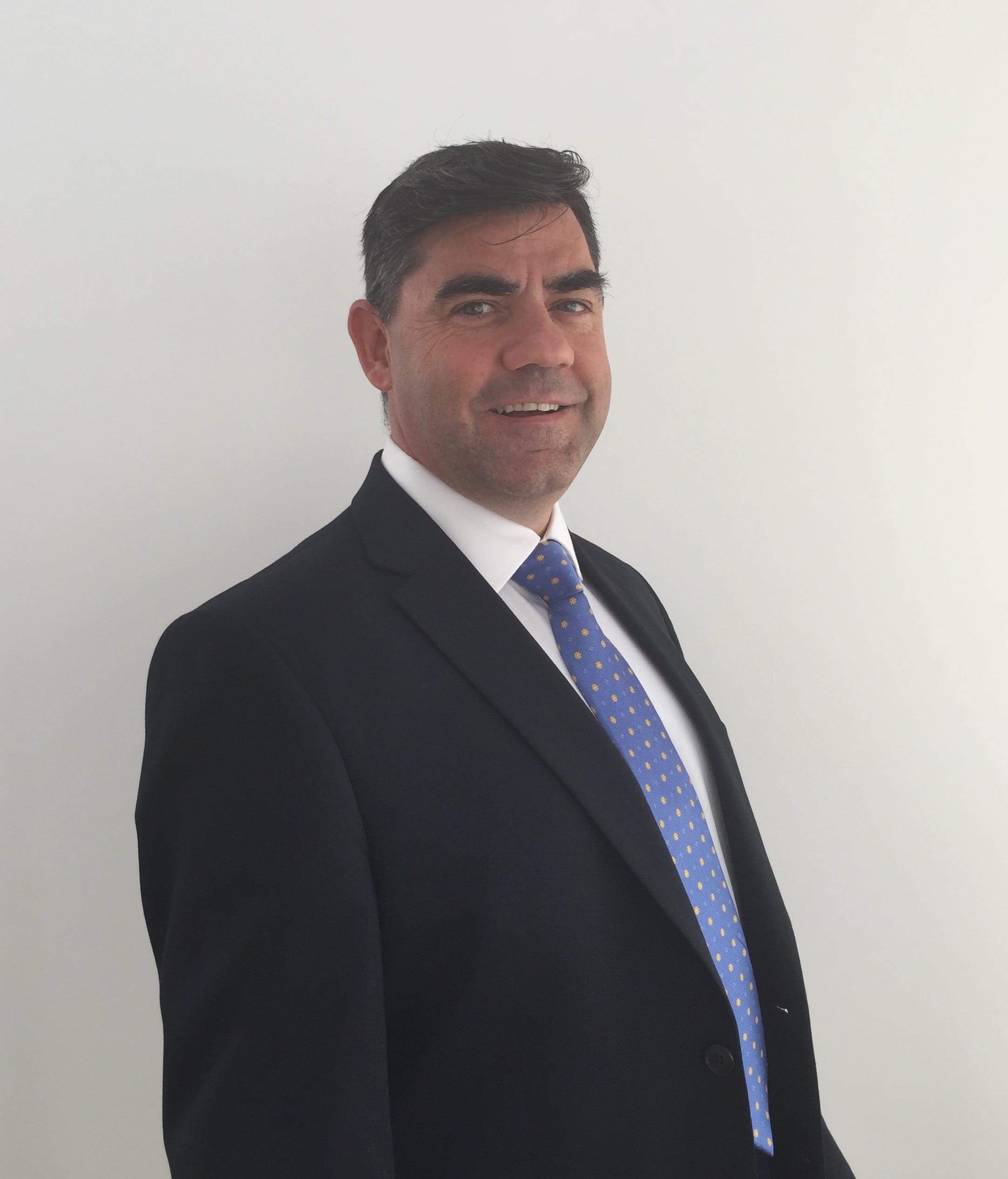Ask The Expert
Incorporating Creative Thinking in Tender Responses
What advice would you give to help bid teams think with more originality when developing tender responses?
Mike T
Thanks Mike, great question. You are right to think about originality. When responding to tenders, bid teams can become too focussed on writing detailed answers to questions and producing comprehensive sets of documents. The result of this is lengthy submissions that require an immense commitment from evaluators, both time and patience, to extract information and draw conclusions.
It is important to realise that evaluators often see tender responses from a wide spectrum of service providers from sourcing other requirements. Bidders often underestimate the exposure evaluators have had to tender responses that will have made an impact by being approached in special way.
Gaining initial commitment from the bid team to consider thinking differently often meets with little resistance when supported by pre tender engagement. Pre tender capture meetings with those evaluating are fundamental to assess the scope for adopting a novel approach and the priorities to focus on. It is difficult to give any bid team you are leading the confidence to be expressive and think innovatively if they feel the client has not encouraged a creative approach.
Whilst initial commitment to approach the bid in a fresh way is not difficult to secure when backed by encouragement by the client; maintaining enthusiasm throughout a bid requires your personal dedication and leadership if ideas are to continually flourish.
Bid teams bring together people of different skillsets, personalities and backgrounds. For many, the specialist field of tendering is outside their natural area of expertise. Fostering a sense of common purpose without being prescriptive and giving people confidence to contribute ideas is vital; but requires your commitment throughout. Bringing collective talent together can feel demoralising for those involved as the best ideas invariably evolve through discussions where there is the perception of conflict and rejection. Also, people can have preconceived and limited expectations of others in the team and that can be detected within the group. Creating an environment where people know from the outset that they have the freedom to share opinions, irrespective of their perceived comfort zone or the status of others, is quite liberating, especially for younger members.
The belief that great ideas are produced through an individual’s flash of genius is a myth. The process of anything innovative must be collaborative. Originality arises from the interplay of ideas and positive abrasion that occurs during the interactions of people confident to offer their own points of view.
Contributions should not be restricted to people on the bid team. Doing so, which may appear efficient, limits exposure to something potentially illuminating. Creating opportunities to tap into thoughts from others at key stages can also provide a useful and objective reality check. Yes, there’s always a deadline, but if those on the bid team don’t see a large part of what they are doing as experimenting, learning and improving then what is produced is linked too much to convenience rather than excellence.
